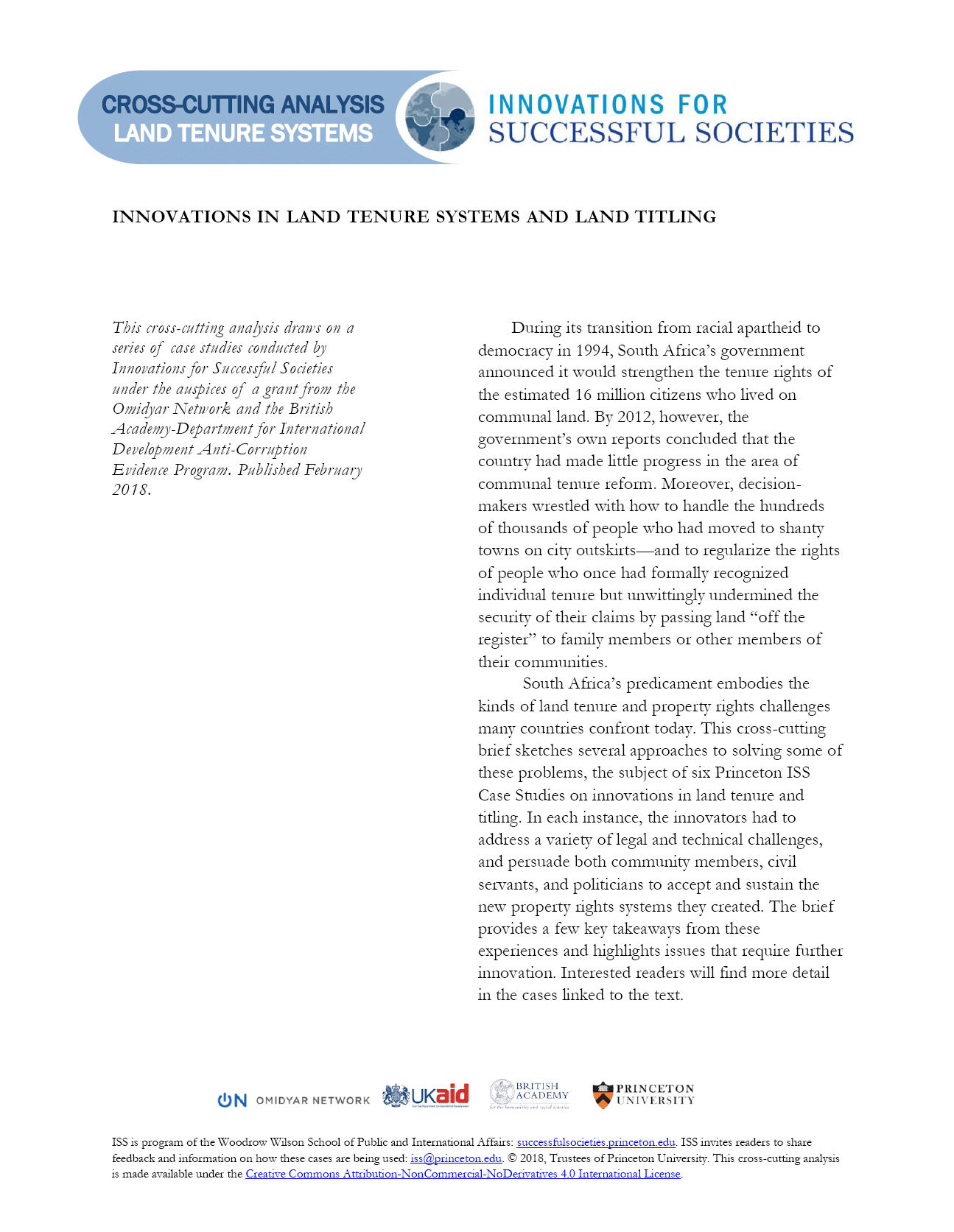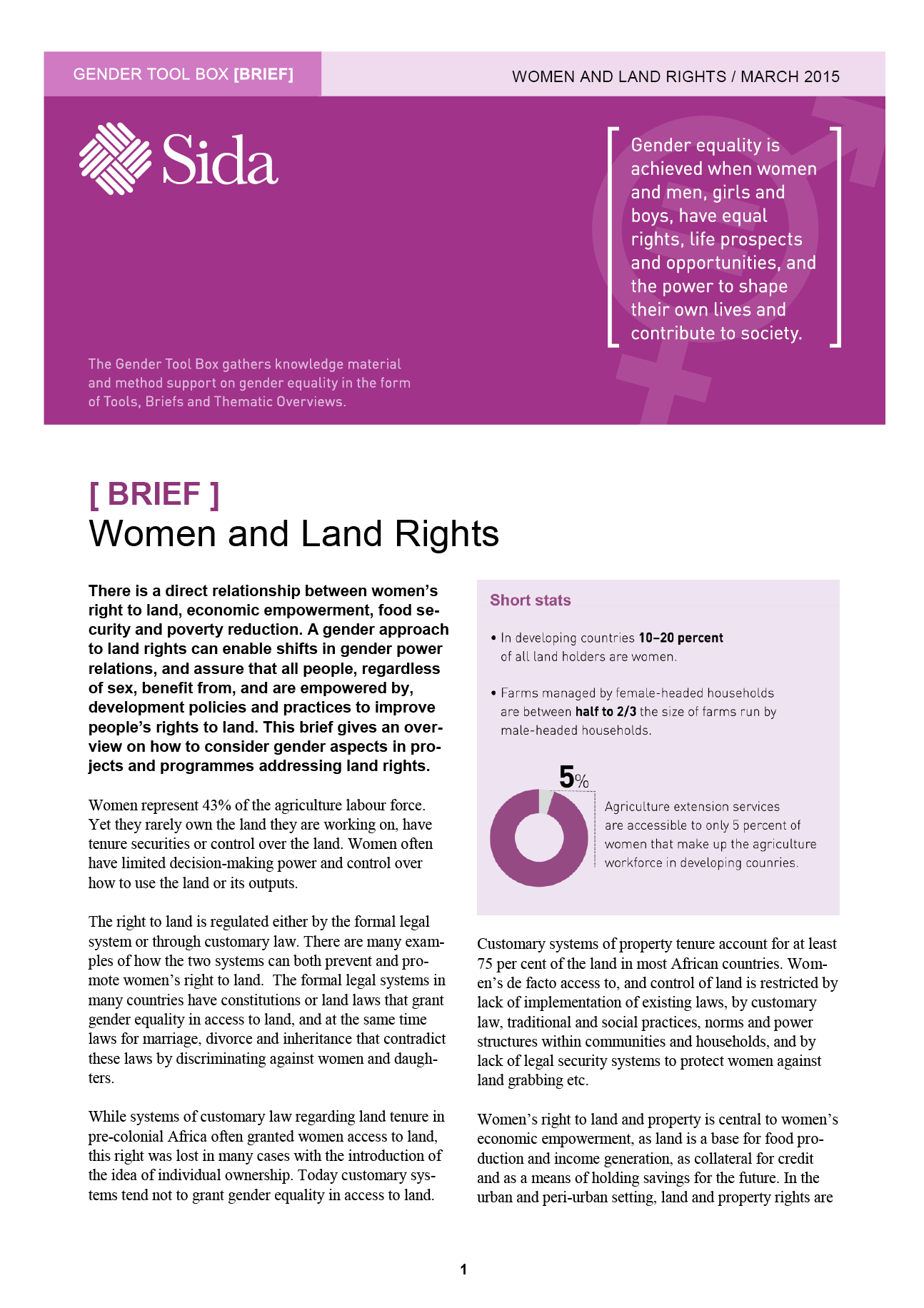Institutional change and shared management of water resources in large canal systems: results of an action research program in Pakistan
Demonstrates the viability of farmers organizations for managing parts of the water resource system to achieve efficient and equitable use of water in a hierarchical society such as Pakistan. Suggests a successful conceptual and methodological framework for taking a bottom-up approach to the formation of water users associations and identifies possible constraints on its wider application.







